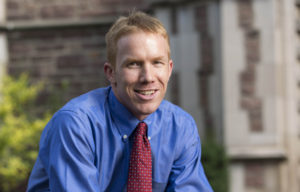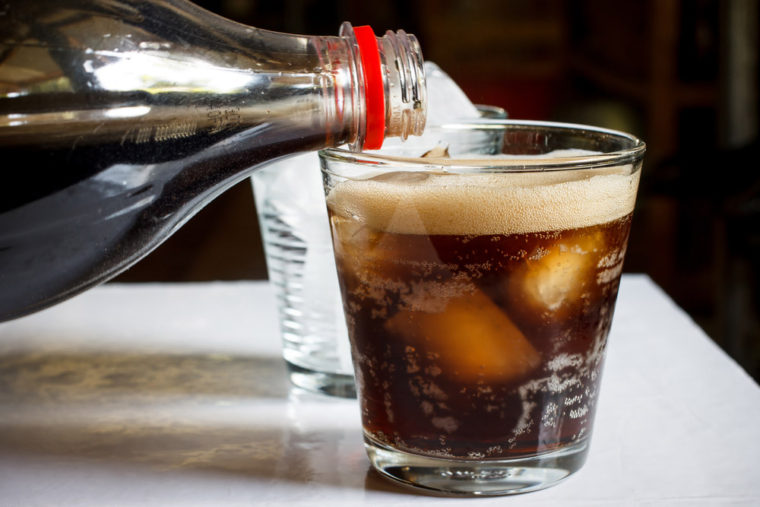The city of Philadelphia on June 16 passed a 1.5 cent-per-ounce tax on soda and other sugary drinks to fund children’s education and park programs in the city, making it the first major city in the nation to impose such a tax.
The move is poised to be a watershed event in public health policy, said a health economist at Washington University in St. Louis.
“Philadelphia is important because this is a major, diverse U.S. city,” said Derek Brown, assistant professor at the Brown School. “Many cities, including St. Louis, struggle with their budgets. If the soda tax in Philadelphia proves successful, we could easily see a number of other cities follow suit.”

Economic data and theory support the hypothesis that taxes on sugar-sweetened beverages will reduce their consumption, Brown said, though it’s unclear exactly what the long-term public health benefits will be.
“There just haven’t been enough other cities passing taxes yet worldwide to study this in great depth,” he said. “And the devil is in the details too, because a poorly designed tax could just prompt consumers to switch to other unhealthy drinks or foods. But the authors in Philadelphia have worked on this enough to try to mitigate that.
“While the Philadelphia tax has been sold as a revenue raiser, there are sufficient numbers of disadvantaged families in Philadelphia that are likely to be more responsive to the tax. They may experience greater health improvements over time, due to higher obesity rates and associated health problems,” Brown said.
“In terms of how the revenue is spent, I think anything that benefits the citizens is worth considering, and this tax is designed to be re-invested in the city,” he said.
It seems like a potential “win-win,” Brown said, with public health benefits from reduced sugary beverage consumption, and improved education.
“But I hope that the tax is managed well and not siphoned off for general revenue. It is also important to study the impacts and incidence of the tax carefully,” he said. “I think the concerns about regressivity are exaggerated by industry lobbyists, but they are not entirely unfounded. Low-income consumers do spend more of their resources on the beverages that will be taxed. We need to monitor and study these policies, and try to improve them over time. It’s a bold move for Philadelphia and a great experiment for public health.”
